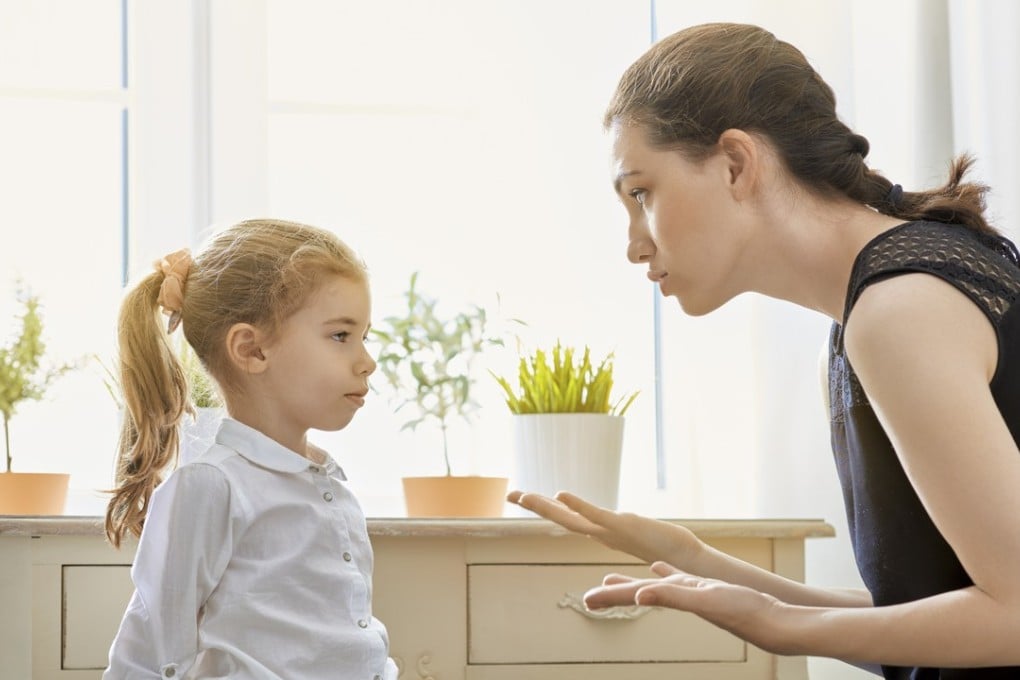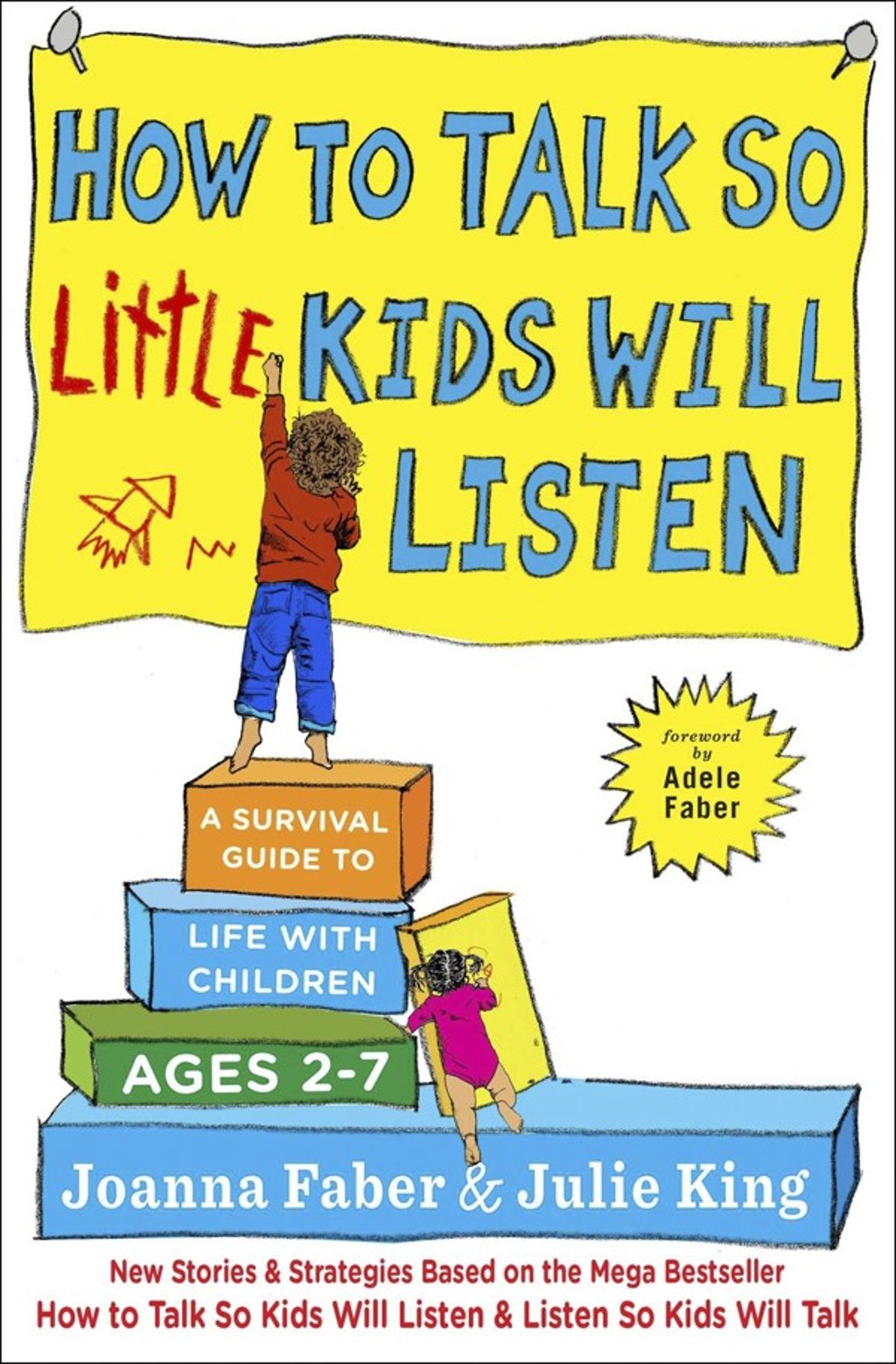How to make a fresh start with your child after scolding them
Everyone loses their temper with their children at some point. The hard part is knowing how to bring it around afterwards. Child care experts share some tips

It was one of the first few weeks of school last year, and I couldn’t believe my daughter had already lost her sweatshirt. Maybe she had left it in her second-year classroom. Or maybe she had lost it during gym or at break time.
I admit that my first instinct, the one I gave in to initially, was to scold.
As we stood at the front door of our home before setting out for school, I found myself telling my usually conscientious child, at high volume, that I wouldn’t allow her to take sweatshirts to school any more because clearly this one incident meant she wasn’t capable of keeping track of her belongings and couldn’t be trusted to take extra things to school. And then I thought: hold on, what in the world am I doing?
I was imposing a ridiculous punishment and helping my daughter see herself as untrustworthy, and that wasn’t the kind of parent I wanted to be. But while we have many chances to mess up, we have just as many opportunities to start over, take stock of our deeds, reflect on our lives and hit restart. As parents, we first have to accept that we probably will continue to make mistakes no matter how good our intentions.

All the same, it can be tough to figure out how to turn around a parent-child interaction gone sour.